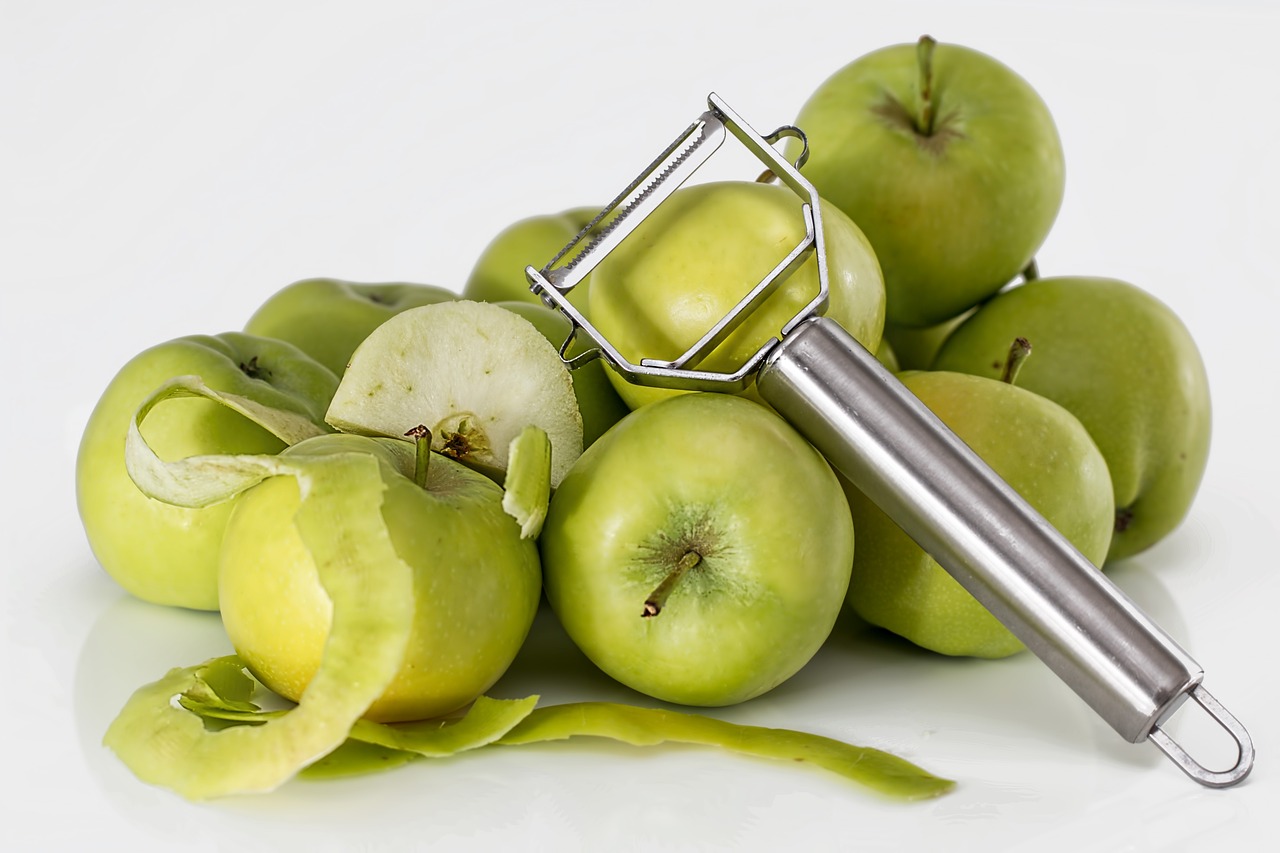Ayurved Dinners to Nourish the Body and Mind
wellhealthorganic.com:ayurveda-dinner are designed to balance energy levels within the body while supporting optimal digestion, providing restful night’s rest through easier digestibility and restful sleeping patterns.
Vatas should enjoy warm, comforting foods like this creamy carrot and ginger soup or quinoa salad with roasted vegetables; while Pittas may benefit from choosing soothing foods with high water content.
Vata
Vata influences physical movement of body fluids and nutrients throughout the system as well as neurotransmitters and hormones. To keep vata under control, eating warming, grounding foods with plenty of rest and sticking to regular routines is beneficial in keeping it under control.
Vata people require meals that are light, easily digestible and warm – in other words, their ideal Ayurvedic dinner should consist of light yet satisfying fare combining all six tastes (sweet, salty, bitter, sour, pungent and astringent) for optimal digestive health.
Start off your meal to balance Vata by enjoying a cup of ginger tea, followed by filling a plate with vegetables, grains or legumes for protein and some cooked yogurt to reduce acidity in dairy. After this course is served, drink warm milk laced with turmeric or saffron before bedtime for warmth and nourishment before sleeping; or use detoxification and digestion aids such as kitchari soup if available to support detoxification and digestion. Ayurvedic experts advise eating dinner early each evening as this helps your Vata balances the effects.
Pitta
Pitta energy governs digestion, metabolism, body temperature and biological transformations. If Pitta becomes imbalanced it can manifest as hot flashes, acid reflux or anger. Pitta responds best when fed cool foods and liquids while salty, sour or pungent tastes may increase heat in your system.
Soak long-grain rice to help it digest more easily for this pitta-friendly khichuri dish, featuring turmeric as the perfect herb to reduce inflammation and boost immunity. Finish it off with black pepper and ginger for extra flavour!
Pittas can enjoy all types of meat, but the healthiest option would be fish. Additionally, avoid oily or fried varieties. Nuts and seeds are considered balancing for pittas but limit how often you eat them as these may contain oil.
Kapha
Kapha energy channels the qualities of Earth and Water within our bodies to promote stability, consistency, and growth. It resides within bones, muscles and tendons where it acts like the glue that keeps our cells together while also moisturizing joints, moisturizing skin and strengthening immunity. When in balance it fosters love, calmness and forgiveness while when out of balance can lead to greed, jealousy or depression.
A typical Ayurveda dinner includes whole, nutritious foods that are warm and easy to digest – such as vegetables, grains and legumes cooked with ghee or healthy oils – while avoiding salty, fried or processed items.
Kaphas should limit their sugar and fat consumption and consume only small portions at night to prevent overeating. They should also limit their salt consumption as too much sodium can cause water retention; foods such as asparagus, cucumbers, sweet potatoes and okra may help them enjoy these cooling properties while seasonal fruits such as mangoes may provide added cooling effects.
Combinations
Ayurved cooking focuses on crafting meals designed to balance and optimize your unique vitality. This approach differs from what many may be used to in that it allows flexibility depending on where your body is at any given moment – from maintaining health to recovering from illness.
Alter suggests following some basic Ayurvedic principles like avoiding food combinations that do not digest at the same rate (like celery juice on a warm day but not cold ones), and cooking with minimal heat so as to preserve its life energy (“prana”). She recommends chanting inspirational mantras while eating and chewing slowly so as to savor each bite of food as much as possible.
Ginger dal is an ideal way to warm the heart and comfort the digestive system during late spring when your body may be suffering from seasonal allergies. Soak long-grain rice for 15-30 minutes before stirring in black mustard seeds, raw peanuts, curry leaves, green chilies and fresh cilantro for maximum effect.







